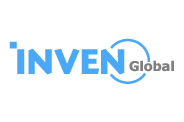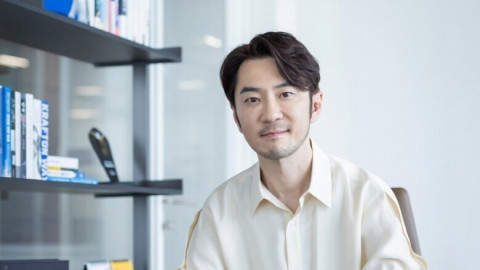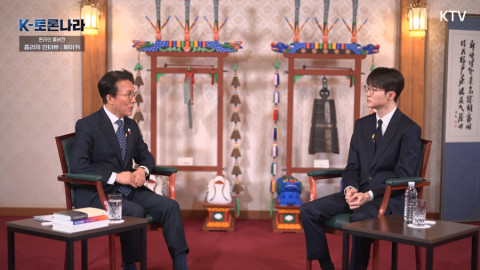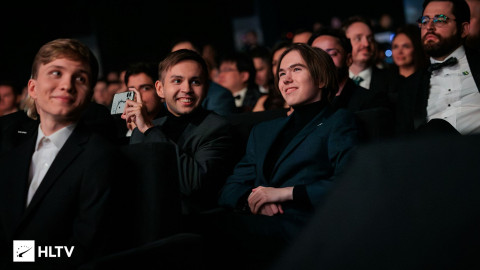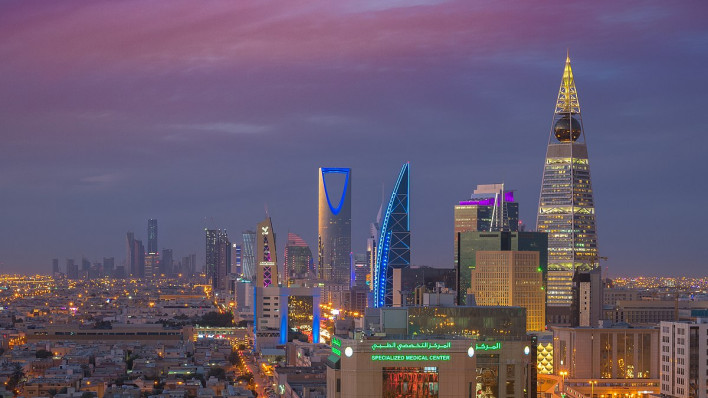
It was impossible to miss the news as it broke this week, as the biggest single name in esports events was sold for a staggering $1B. The Savvy Gaming Group, based in Riyadh, Saudi Arabia, have purchased ESL, the premier tournament organizer in the esports space for that astronomical amount, as well as paying $500m for Faceit to complete their set of new toys.
Sports, and now esports being for sale is a tale as old as time, but the numbers have gone through the roof in recent times when it comes to gaming. Be it Activision’s sale, Forbes valuation of esports orgs or contracts for streamers, things are changing, and new money is arriving in the space. So who are the people behind the Savvy Gaming Group, and where does the billion dollars used to buy ESL come from?
Who are the Savvy Gaming Group?
Well, fans of the world’s most popular game are going to have a small head start here, as they, and particular Premier League fans have seen the money behind the Savvy Gaming Group (SGG) very recently. The funds for the ESL purchase came from the Saudi Arabian Public Investment Fund (PIF), which was also used to buy Newcastle United football club (NUFC) earlier this season, and rocket that team to the top of world football’s rich list.
What some fans might not know is that the deal to buy Newcastle from their much-despised former owner Mike Ashley was first agreed back in April of 2020, but the authorities that have to sign off on these sort of deals refused to ratify the sale. Concerns that Newcastle would be a state-run club were eventually assuaged with “legally binding assurances that the Kingdom of Saudi Arabia will not control NUFC", leading to the deal going through at the end of 2021.
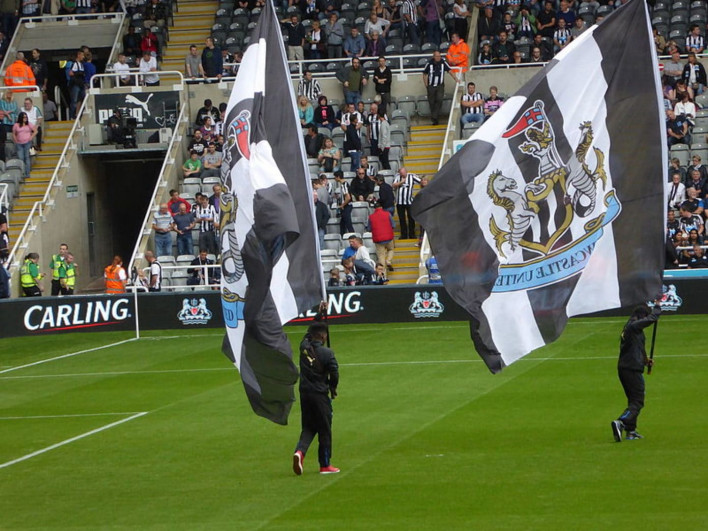
The sale also lead to a great deal of criticism from human rights campaigners, who pointed to Saudi Arabia’s poor record in that area and the recent murder of journalist Jamal Khashoggi by agents of the Saudi regime. Amnesty called the takeover "an extremely bitter blow for human rights defenders", and the other 19 clubs protested the move, citing damage to the Premier League’s brand.
The overarching theory behind this, and other large sporting purchases in recent years is that the groups behind the money are attempting "sportswashing", or in this case esportswashing. This is the practice of using sports and other beloved pastimes to improve the reputation of an otherwise criticized group, and the accusation has also been leveled at the owners of clubs like PSG and Manchester City, as well as sponsorships like Arsenal’s deal with Rwanda and Barcelona’s with Qatar, who are of course also hosting the next World Cup.
What are the Savvy Gaming Group’s goals?
According to their website, the SGG are just here to help. Formed with "a mission to drive long-term growth and development of the games and esports industry worldwide’" and existing in this space as "a major global champion of this buoyant sector" their fact sheet claims their ‘purpose is to level up the playing field" which is all very nice and altruistic.
It is interesting that the group has their own games development arm too, which in theory could be tied into their purchases of ESL and FACEOT should they develop a product they wish to push into esports spaces. They claim to want to invest more than $30B in the coming five years, and are led at the top level by CEO Brian Ward, who previously worked as head of worldwide games at Activision Blizzard from 2004 up until 2012, having previously held positions at Microsoft and EA Sports. Activision Blizzard are currently under investigation following multiple allegations of sexual harassment and a culture of sexism, which was clearly visible at least as far back as 2010.
While this deal is clearly aimed at improving the public image of the PIF, other investments by the group have been more calculated, with business deals with General Electric, Lockheed Martin, and The Blackstone Group all secured during the Trump presidency, as well as investment in the fund established by former Donald Trump administration official Steve Mnuchin just after he left government.
The group also runs NEOM, which was forced to cancel a sponsorship with the League of Legends LEC in 2020 after public backlash over Saudi Arabia and the owners’ human rights record. NEOM also attempted to enter into a relationship with the Blast Pro Series in July of 2020, which again was cancelled due in part to public backlash regarding human rights abuses in that region.
What does this mean for ESL?
In the short term, this deal will probably be a positive one for ESL, with the PIF not looking to invest in things just to own them. They have already spent tens of millions in their short time as Newcastle owners, and there is a good chance ESL will find themselves a little more able to spend if the occasion is suitable, backed as they are by a $30B investment fund.
On the other hand, it seems inevitable that we’ll see the spread of esports to the middle east, and Saudi Arabia in particular. Where the PIF failed with their attempts to buy favor with NEOM, they have now succeeded by just buying ESL outright, giving them a significant degree of control over the calendar for multiple esports.
It is worth pointing out too that while the NEOM deals were canceled, both Riot and BLAST were more than happy to take the money on offer, and only made changes after seeing the level of backlash from the public. ESL have found a way to swerve that backlash by just selling their souls outright rather than entering into a deal for sponsorship, and it will be interesting to see how public sentiment for the group changes (or not) with the new owners, as well as if Blast and others rekindle their romance with the PIF.
On an individual level fans might think twice about supporting ESL now, but at this point, it’s increasingly difficult to keep your support for "clean" companies only, and will only become more so as the profile of esports grows and investment groups hoover up more and more of the ecosystem. The PIF themselves are invested in Boeing, Facebook, WhatsApp, Uber, and many more massive global firms, and ESL and FACEIT are just a couple more (small) stones in their gauntlet.
Sort by:
Comments :0
